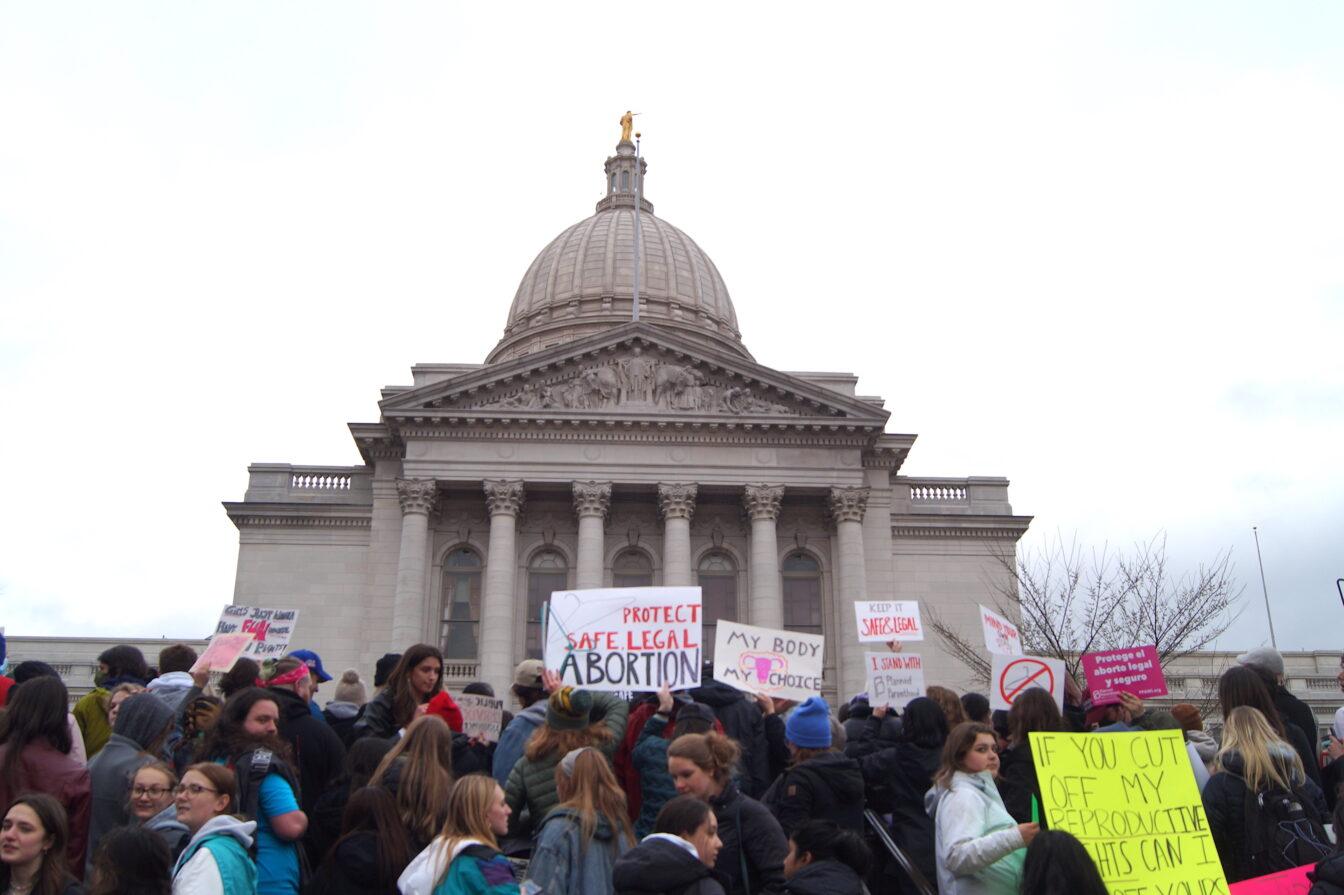Every University of Wisconsin student is familiar with the incredibly high prices at Starbucks and Colectivo, but imagine a world in which Colectivo charged half the prices of Starbucks. Nearly every student would skip the grande coffee and head right next door for the medium at half the price.
It’s relatively easy to imagine what would happen in that scenario. But when it comes to the corporate tax rate in the United States, Democrats tend to think the best way to get customers back is to penalize the ones that leave instead of matching the prices. Democrats want to charge you the extra dollar you’re not paying at Colectivo, and make you pay it to Starbucks. Now how messed up is that?
The corporate tax rate in the U.S. is absurdly high. In 2012, the U.S. corporate tax rate became the highest in the world at 39 percent, and has stayed there ever since. The Organisation for Economic Co-operation and Development average of developed countries has dipped below 25 percent, and the U.S. is beginning to see the effects of such a high rate. Not to mention that in the U.S., we don’t just tax income, we tax wages and salaries, capital gains and any thing else the government can get its hands on.
Companies like Pfizer and Johnson Controls recognized the unfairly high tax rates they were paying and moved to countries like Ireland that have low tax rates, less regulation and overall better business environment. That means the U.S. is losing a ridiculous amount of tax dollars they were receiving from these companies every year. The alternative is simple: lower the tax rates, receive less revenue in the short term, but don’t entirely lose out.
Being anti-business has become a Democratic mission statement. So a tax cut for the “millionaires and billionaires” as Sen. Bernie Sanders, D-Vermont, likes to call them, would be entirely unfair to the 99 percent, right? Absolutely not. Economics is not a zero-sum game as Democrats like to say. Just because the rich benefit, does not mean everyone else doesn’t as well.
Heritage did a study in 2011, measuring the benefits of lowering the corporate tax rate to 25 percent, or basically the OECD average — also known as a good start. They found that lowering the tax rate would create more than 580,000 jobs per year, raise real GDP by $132 billion per year, raise the typical family of four’s income by more than $2,500 per year and the U.S. stock market would grow by $240 billion annually.
That’s not a tax break that just helps the rich. That means more jobs, more capital gains and more money for everyone. Not to mention, the government will have more tax revenue to spend on jobs programs, national defense, entitlement programs and maybe solve issues like Social Security insolvency and our growing national debt.
But former Secretary of State Hillary Clinton is terrified of being labeled as pro-business and we all know Sanders despises corporations.
Clinton’s plan is simple: tax businesses what they would have paid when they left. So when Johnson Controls moves to Ireland, Clinton’s administration would tax the business the exact same amount, assuming more than 50 percent of the business’ interests are still in the U.S..
This plan creates several problems. First, it does not create a disincentive for leaving, instead, it incentivizes businesses to move more than 50 percent of their business overseas, creating an even larger budget hole. Second, it does not address the fact that the high tax rates still prevent businesses from expanding.
Sanders, unsurprisingly, has a very similar, but more extreme plan. His plan includes the exit tax that Clinton’s does, but it also includes more regulations and taxes to further hurt our business environment.
Former Sen. Russ Feingold, D-Wisconsin, supports Clinton’s plan and tries to blame pro-business, Sen. Ron Johnson, R-Wisconsin, for the problem. Yet Johnson has a plan that lowers the rate and has new ideas on business taxes that will create a long term solution, not a short term band-aid solution that hurts American businesses and workers.
The Republican presidential candidates support lowering the rate anywhere from 15 percent to 25 percent. The GOP candidates are on the same page: create a competitive tax rate and help businesses create jobs.
When you consider who you’ll vote for in November, remember which party has ideas that will create a stronger and more competitive economy and one that will help create jobs for when we graduate.
Don’t support a solution that charges customers an extra $2 for a coffee when they stopped going to Starbucks because they were being overcharged in the first place.
Jake Lubenow ([email protected]) is a sophomore majoring in finance and political science.



























